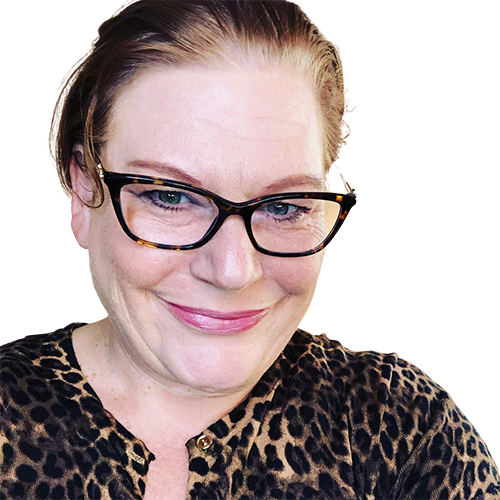Practicing Empathetic Leadership, with Lee Caraher
Episode 23
Lee McEnany Caraher is the founder and CEO of Double Forte, a national public relations and communication agency, based in San Francisco, that works with beloved consumer, technology, and wine brands. Lee is a highly sought-after communications expert known for her business building acumen and insights. She’s a straight talker with a big laugh that gets her out of more trouble than it creates.
Lee is also an acclaimed author and speaker and a recognized expert on creating high performing, positive, intergenerational workplaces. Through her work, she shows companies and non-profit organizations how to embrace the qualities of different generations, reduce negative dynamics between people, and how to recognize the significant benefits of shifting the definition of loyalty from a long tenure of employment to a lifetime of allegiance regardless of employment status.
Lee is active in her community and sits on the Board of Governors of Public Advocates and the Executive Board of Wisconsin Farm Technology Days, 2021. She recently served as Secretary on the Board of Directors of the PR Council, the national trade association for Public Relations agencies. She previously served on the boards of KQED Public Media, San Francisco’s Grace Cathedral, Community Gatepath, and St. Paul’s Choir School, among others. A graduate of Carleton College, Lee has a degree in medieval history which she finds useful every day – especially during a pandemic. She splits her time between San Francisco, Eau Claire, and New York.
What you will learn in this episode:
- What does it mean to be an empathetic leader, and how can empathy help your business thrive
- What does being empathetic say about you
- What qualities illustrate empathy in the workplace
- How empathetic leadership reduces stress, even in hard times
- Why empathetic leadership leads to employee retention and increased performance
- The “We,” not “Me,” approach to employee relationships
Resources:
- Website: https://leecaraher.com/
- LinkedIn: https://www.linkedin.com/in/leecaraher
- Facebook: https://www.facebook.com/LeeCaraher1/
- Twitter: https://twitter.com/leecaraher




